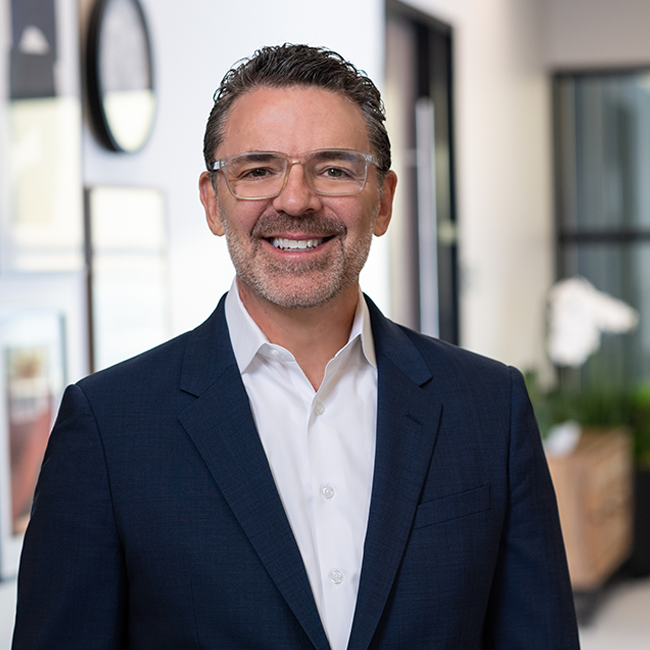Aimbridge Hospitality has a lot going on beyond the some 1,500-plus hotels it manages globally.
Late last year, it announced a structural reorganization of its business by creating operational divisions to support its hotel owners at scale: Full Service, including resorts; Evolution Lifestyle; Enhanced Select Service; Select Service; plus, two geographically derived divisions, EMEA (its former Interstate business renamed) and LatAm.
“The vertical structure we are committing to in all levels of Aimbridge is advantageous for owners, and we are able to deliver results and value in a way that exceeds expectations and sets Aimbridge apart within our industry,” said Allison Reid, chief global growth officer. “The changed structure of our development team means better allocation of resources and more dedicated attention on the details that will move the needle in meaningful ways.”
Mark Tamis, president, global operations, said the new divisional structure is a way to be nimbler with hotel owners.
HOTELS caught up with Tamis during the Americas Lodging Investment Summit (ALIS) in Los Angeles to bend his ear on third-party management companies in the age of consolidation and, to find out, is Aimbridge on the hunt to get even bigger?

HOTELS:
We’ve seen consolidation in the brand space and, more recently, amongst management companies —yourself included, with Interstate. Others have jumped into the acquisition fray; Highgate’s recent acquisition of Viceroy Hotels & Resorts was a way to purchase management contracts of some important assets upfront. Beyond growing the portfolio organically, is Aimbridge on the lookout for further deals to fold in other management companies?
Tamis:
There’s lots of conversations. There is so much uncertainty in the investment community and it trickles down to all aspects of the hospitality business that we live in every day. So, the idea of consolidations… we’re probably less focused on acquiring brands and more focused on expanding our portfolio of companies that we manage. Bu absolutely, we are focused on operating companies, and looking at acquisitions, maybe even some we can announce soon.
HOTELS:
Large, medium, small?
Tamis:
I would say at all levels of scale. It comes back to the investment we’ve made in talent. The different divisional presence we have and really investing in talent, systems and technology allows us the ability to expand while not losing the touch that is needed for existing and future ownership.
HOTELS:
How would you characterize competition in the third-party management space for business?
Tamis:
Competition is with any company that we are in the same conversation with any ownership group. We certainly don’t want to lose it, ever. Absolutely — whether it’s an owner operator or maybe it’s a company with one to five hotels.
HOTELS:
Are you interested at all in picking up brands?
Tamis:
Less so. What we’re focused on is excellence at the property level of the hotels that we manage. When we can prove that one day, one month, one quarter at a time for existing owners, that just leads to additional properties. The way that we get new business is by operational excellence. And so doing that for a particular owner, not only is it additional hotels that they may have, but the ownership community is actually a pretty small world.
HOTELS:
How do your development teams work to fold in new hotels?
Tamis:
They’re cultivating relationships with both existing owners of hospitality real estate and new investors into the hospitality space and helping us acquire new management contracts.
HOTELS:
How does the structural reorganization set Aimbridge up for future success?
Tamis:
I always say, especially at the large scale we operate, that focus is our friend. So, when Allison reorganized the development team, both geographically and by segment, that’s really about focus, that they can be experts not only in that area, but cultivate relationships with the owners who invest in that area.
